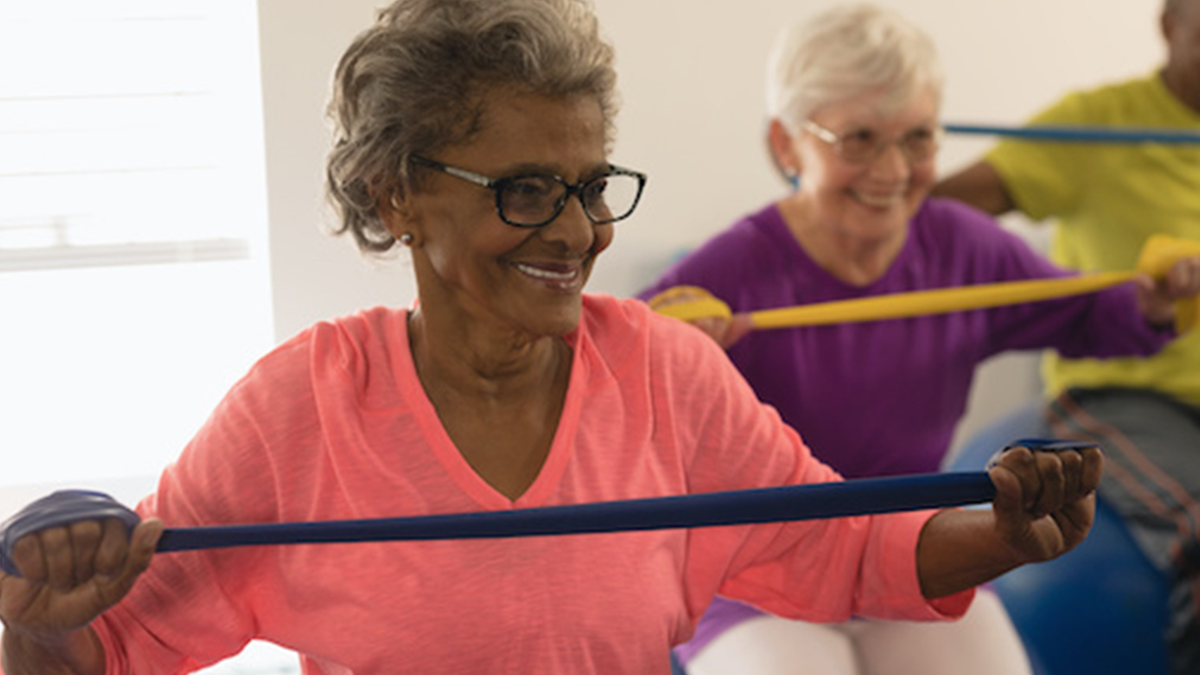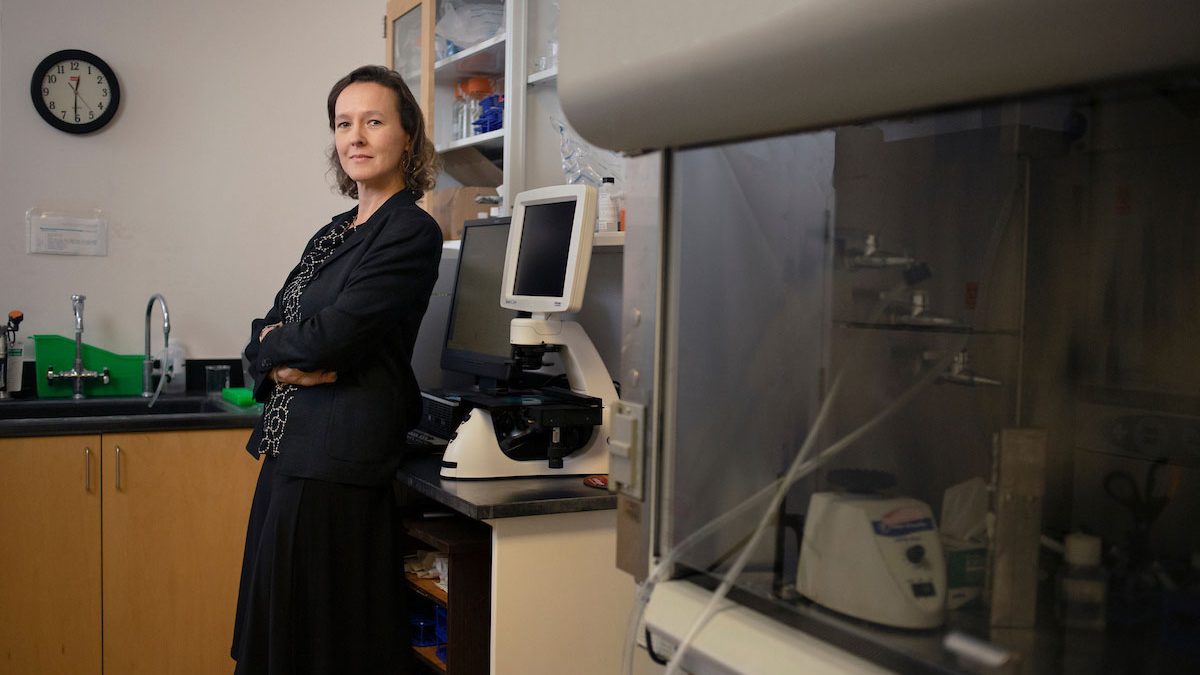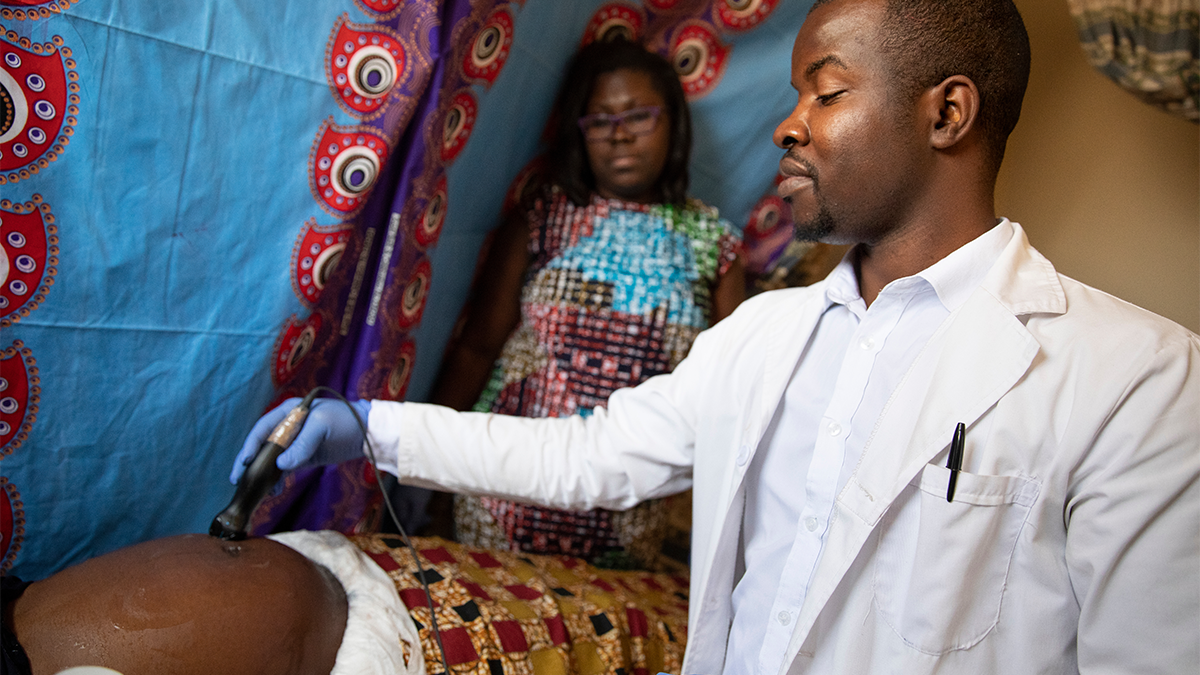Moving Toward Better Cognition
Published on January 25, 2023New project seeks to pilot greater physical activity for older adults

New project seeks to pilot greater physical activity for older adults
Erik Willis — research scientist at the UNC Center for Health Promotion and Disease Prevention and adjunct assistant professor in the department of nutrition at UNC Gillings School of Global Public Health — received a grant from the Alzheimer’s Association. He will pilot a multi-level intervention that aims to increase physical activity for individuals in adult supervised care settings (ASCs), such as adult care homes and adult day cares.
Willis works with the Children’s Healthy Weight Research Group on the Go NAPSACC project. Combining scientific research and expert opinion, Go NAPSACC is an online, interactive tool that provides care settings with step-by-step guidance to improve the health and well-being of those in their care.
Developed 20 years ago, Go NAPSACC has primarily been used in childcare settings to increase healthy behaviors for children. The program has seen considerable success in its initiative and has been identified as having the best evidence for impact on early childhood obesity risk among interventions compared to similar initiatives. In 2012, the White House Task Force on Childhood Obesity chose Go NAPSACC as one of its three recommended programs to combat childhood obesity.
Dr. Willis plans to adapt the Go NAPSACC program and implement it in ASCs to promote physical activity for older adults. Physical activity is an important factor in the well-being of older adults, who often experience a steady decline in physical activity while staying in ASCs. Physical activity can improve both functional ability and mobility as well as cognition for older adults, but less than 10% of individuals in ASCs meet the recommended amount of daily physical activity. This lack of physical activity is a risk factor for Alzheimer’s and other dementias in older adults.





